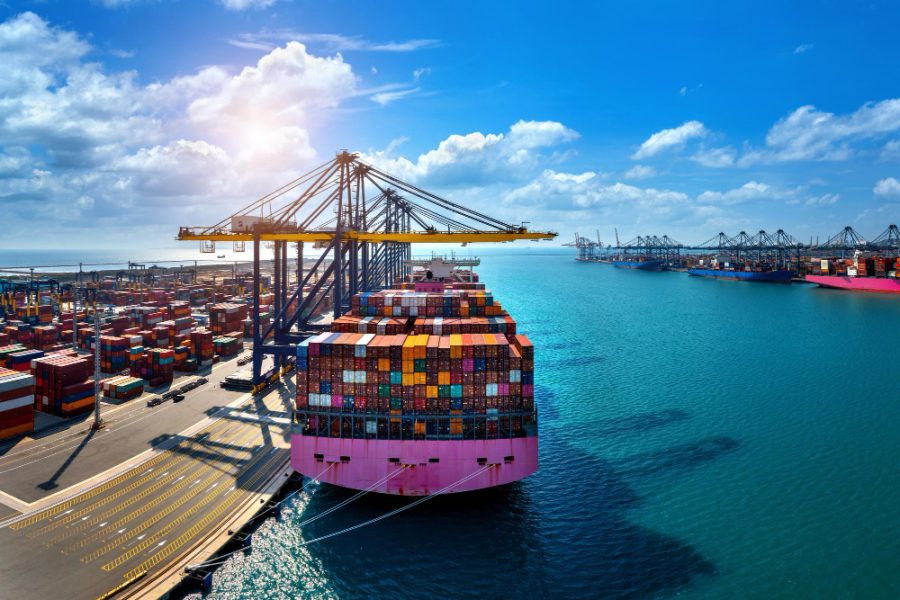With our large portfolio of international container shipping services, we note that in answering the question ‘can the shipping industry really get rid of shipping delays?’ consultancy Drewry says shippers, forwarders and ports should remain prudent.
Drewry says that the Gemini Cooperation has made headlines recently with its plan to raise schedule reliability above 80%.
In a recent investor presentation, Maersk CEO Vincent Clerc said that charging customers a premium for on-time ship arrivals “is a conversation we’ve started” and added that Gemini needed to show that it had a consistent track record of improved reliability.
But as average waiting times of arriving containerships in Europe lengthened, to an average of 1.9 days in October, ocean carriers found it difficult to keep to their schedules overall, Drewry reports.
Ship waiting times at several major European ports were longer than the equivalent times at ports in China, based on Drewry Container Capacity Insight data.
There are several potential causes of shipping delays, including port strikes, port congestion, bad weather, issues with infrastructures and accidents (eg the “Ever Given” Suez Canal incident), roll-overs and schedule changes. Some of these are clearly outside the control of carriers and/or of ports.
The recent history of schedule reliability on the Asia-Europe route was five months of improvement, to 44% of ships arriving on time, before a decline in on-time performance in October to 39%. Feederships are currently the most exposed to port delays in Europe, according to Drewry’s market contacts.
In Drewry’s opinion, there is no doubt that higher schedule reliability provides significant benefits to several stakeholders (ports, shippers, forwarders) and avoids sizeable costs and inefficiencies (demurrage costs, inefficient terminal operations, more expensive on-carriage required etc.).
On the Asia-Europe trade, Drewry’s comparison of schedule reliability shows that the Gemini alliance’s ships continue to arrive on time more frequently than those of competing alliances. Kudos to Maersk and Hapag-Lloyd. Drewry also says that the Gemini alliance also tends to cancel fewer sailings than the other alliances.
Coming back to the idea of carriers charging a premium for on-time services, Drewry asks the question: Shouldn’t shippers already expect the services to be reasonably on time, instead of being asked to pay more for this?
Due to the fact that European main ports are highly utilised, with little flexible capacity, it can be easy for congestion to build in a domino effect as a delay in one port can create a knock-on effect for others downstream, exacerbating the situation and limiting alternatives.
Drewry concludes that all the evidence that the problem of shipping delays, even if contained, will not disappear completely.
U-Freight’s ocean freight teams will continue to monitor and highlight issues with schedule reliability, cancelled sailings, long dwell times and port congestion to inform our clients on current issues.
For more information about our ocean freight forwarding and logistics services, please visit the relevant pages of this website, or contact your local office, which can be seen here: https://ufreight.com/locations


